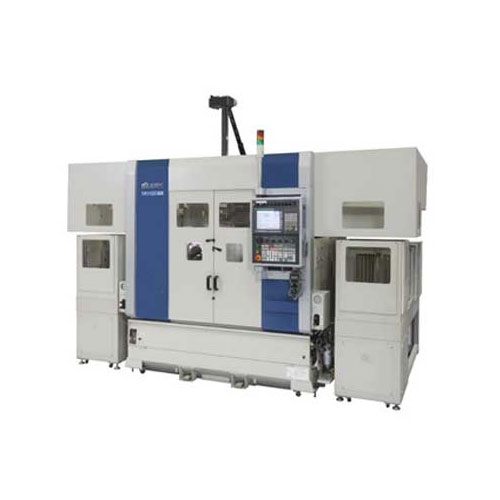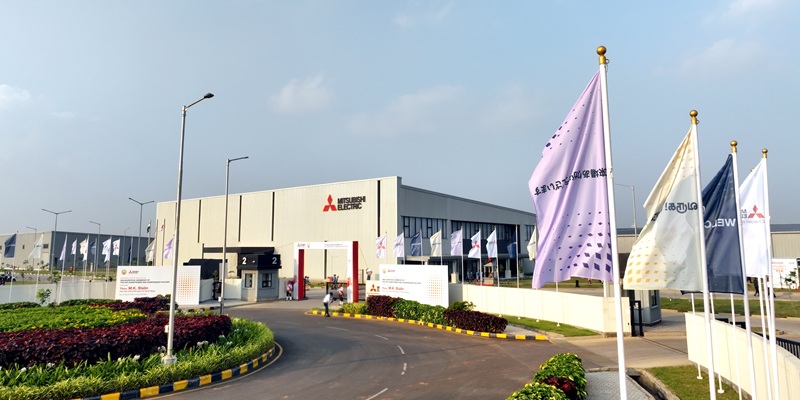Schedule a Call Back
How will 5G improve industrial automation?
 Technical Articles
Technical Articles- Nov 17,20

Related Stories

India must focus on R&D alongside electronics manufacturing: Sanjay Huprikar
In this interview with Rakesh Rao, Sanjay Huprikar, Chief Global Officer of the Global Electronics Association, explores trends in global electronics industry, India’s manufacturing ambitions, and..
Read more
India is at a pivotal ‘Make in India’ inflection point: Manoj Patil
In this interview, Manoj Patil, Promoter and Managing Director, Patil Automation Limited, outlines its growth journey, capacity expansion, acquisitions, design-led approach, market challenges, and t..
Read more
Taypro aims to be a performance-driven automation provider: Yogesh Kudale
Yogesh Kudale, Co-Founder & CEO, Taypro explains how AI-led, waterless robotic cleaning is improving solar plant performance ratios, reducing soiling losses, and reshaping O&M economics across utili..
Read moreRelated Products

Digimatic Smart Caliper
Veekay Industries offers a wide range of digimatic smart caliper.

Compact Fmc - Motorum 3048tg With Fs2512
Meiban Engineering Technologies Pvt Ltd offers a wide range of Compact FMC - Motorum 3048TG with FS2512.

Digital Colony Counter
Rising Sun Enterprises supplies digital colony counter.















